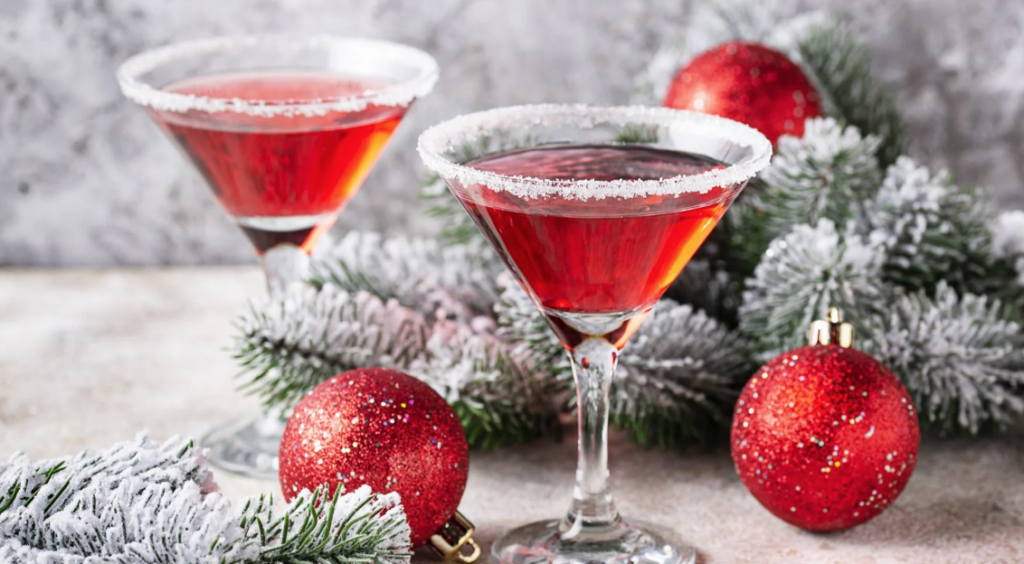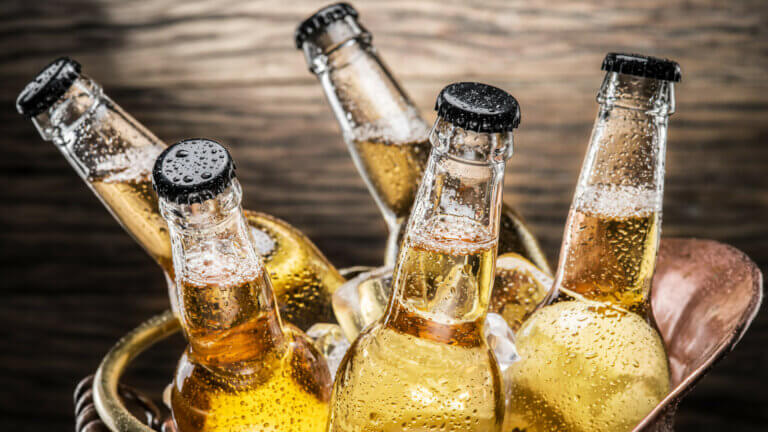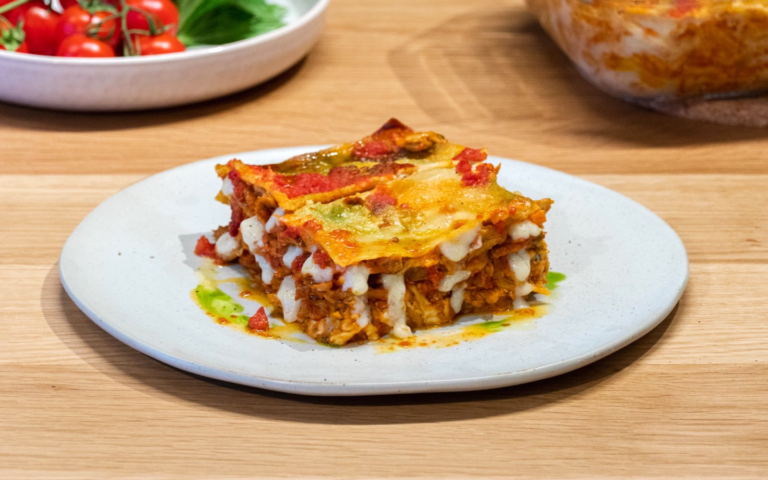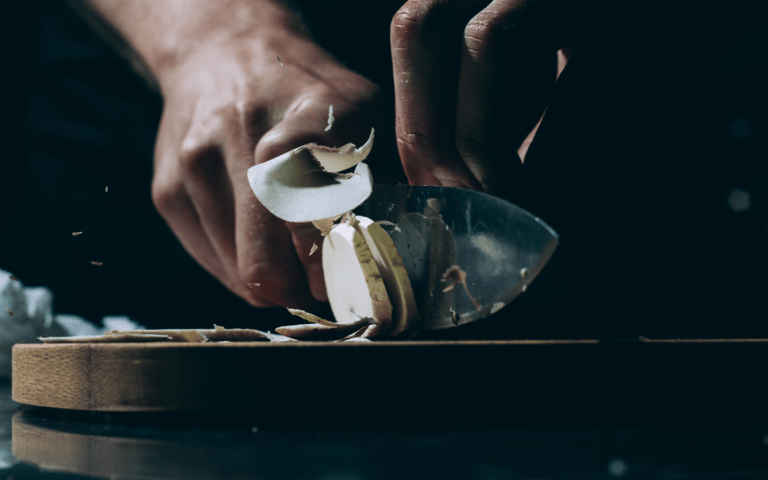Award-winning dental hygienist and founder of London Hygienist, Anna Middleton, warns of the oral health risks associated with increased alcohol consumption and how to minimize the effects alcohol can have on our teeth.
With many of us indulging in our favorite drinks and enjoying Christmas parties during the festive season, London Hygienist, Anna Middleton warns of the effects that increased alcohol consumption can have on our teeth and how to best care for our smile to avoid negative effects.
“The impact of increased alcohol consumption can cause long-term damage, which a lot of us won’t be considering at the moment. It’s acidity, staining effects and other influencers can alter the appearance and durability of teeth over time” says Anna.
HOW DOES ALCOHOL IMPACT YOUR TEETH?
ALCOHOL ACIDITY

Alcohol contains acid, some more than others. It is found in beers, spirits and wine, with wine being the most acidic. The most common acids found in wine are citric acid, tartaric acid and malic acid.
The impact of acid on teeth can be devasting and when left on the teeth for extended periods of time, can cause erosion that eats away at the enamel (the hard-outer layer of teeth). The result is permanent and irreversible damage.
Acids respond to bacteria in the mouth by creating lactic acid, which further destructs the tooth enamel. When this coating dissolves, your teeth become more susceptible to decay and you may notice a change in color and experience sensitivity.
Acidic elements cling to the teeth, so if you don’t practice good oral hygiene every day, your teeth are vulnerable to damage.
SUGAR CONTENT
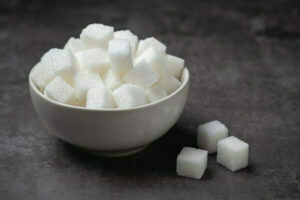
One of the most common causes of tooth decay is the continuous intake of sugars. The bacterium in our mouth thrives on sugar. When you sip on your favorite alcoholic drink, a chemical process occurs as the two interact to form acids that attack the teeth and the enamel. All forms of alcohol contain sugar and quite simply, the sweeter it tastes, the more sugar it contains. Prosecco is one of the worst offenders. A sip of the iconic bubbles means a double whammy of sugar and acid on your teeth causing instant damage. It can lead to the demineralization of the enamel, which is the loss of calcium and other minerals from the tooth.
Healthy enamel should be white and shiny, but too much fizz will dissolve the teeth leaving them dull, chalky and at risk of crumbling away.
STAINING
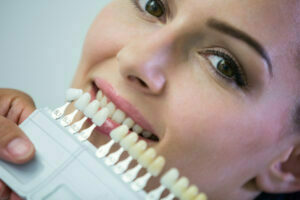
Alcoholic drinks that boast deep, dark shades are generally the worst culprits for staining teeth. These include beers, red wine, coffee liqueurs and other concentrated beverages, which cause discoloration and staining that can have long-lasting effects.
Abstaining from drinking this kind of alcohol, as well as establishing a sound oral hygiene routine, can improve the color of your teeth and ensure that they remain unstained and in good condition.
DEHYDRATION

Alcohol is a diuretic, which means it encourages increased urination. When you pass more fluids, your body becomes dehydrated, and this results in a decreased production of saliva, a condition called dry mouth.
“The lack of saliva in the mouth limits its ability to wash away any bacteria that are clinging to the teeth which can increase your risk of dental decay and gum disease” warns Anna.
“Being sensible and limiting with your alcohol consumption can have a huge beneficial effect on your oral health.
TOP TIPS TO MINIMIZE ENAMEL AND TOOTH DECAY
- Use a straw for drinks and rinse your mouth with water after drinking
- Keep acids and sugars to mealtimes only and aim for no more than three to four sugary/acidic attacks per day
- Sugar-free gum and mints increase salivary flow, which can neutralize plaque acids, remove food debris, strengthen teeth and reduce dry mouth
- Opt for products containing xylitol, which can help fight tooth decay
- Use a toothpaste designed to fight acid erosion twice a day
- Try to consume no more than 14 units a week – equivalent to six pints of beer or seven glasses of wine
- Try and drink moderately and aim for some alcohol-free days.
Anna Middleton is a dedicated and passionate award-winning dental hygienist. She started London Hygienist with the mission to change the way oral health care is delivered to patients. Anna has attracted an ever-growing and loyal customer base from the public, press and celebrities alike due to being regarded as one of the most popular and sought-after hygienists in London and a rising star within the industry.
Curious to learn what happens when a bodybuilding gemmologist lets loose on the smiles of the A-list? THE WORLD’S MOST EXPENSIVE MAKEOVER will blow your mind!

